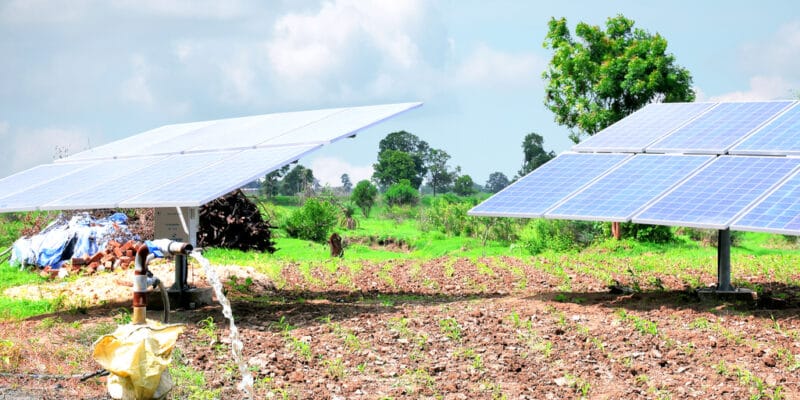In recent years, solar energy has become an increasingly popular source of power for people around the world. Farmers in western Uganda have joined this trend, adopting solar energy as a means of powering their farms and homes. This shift is not only environmentally friendly but also provides economic benefits to farmers.
Western Uganda is an agricultural region with a high demand for electricity. However, the national grid in this area is underdeveloped and unreliable, which creates challenges for farmers who need a steady source of power to run their irrigation systems, lighting, and other appliances. The installation of solar panels has therefore become a game-changer for many farmers in this region.
Solar energy has several advantages over other sources of power. One of the most significant advantages is that it is a renewable source of energy that does not produce any emissions or pollutants. This is important in a region like western Uganda, where the environment is already under threat from deforestation and other human activities. The adoption of solar energy is a step towards mitigating these environmental challenges.
Another advantage of solar energy is that it is cost-effective. Once the initial investment in the installation of solar panels has been made, the cost of maintenance and operation is relatively low. This is particularly beneficial for farmers who operate on tight budgets and cannot afford to pay high electricity bills.
The use of solar energy has had a positive impact on farmers in western Uganda. With reliable access to electricity, farmers can now operate irrigation systems, which helps to increase crop yields and ensure food security. Solar-powered lighting also extends the working day, allowing farmers to work for longer hours and thus, increase their productivity.
The adoption of solar energy has also created job opportunities for local residents. With the increasing demand for solar panels, local companies have emerged to provide installation and maintenance services. This has helped to create employment opportunities for young people in the region, which is essential for economic growth and development.
The use of solar energy is not without its challenges. The initial cost of installation can be prohibitive for some farmers, and access to financing remains a significant challenge for many. In addition, the lack of technical knowledge and skills among farmers can also pose a challenge in the maintenance and repair of solar panels.
However, the benefits of solar energy far outweigh the challenges, and the adoption of solar energy by farmers in western Uganda is a step in the right direction. It is an excellent example of how renewable energy can be used to promote sustainable agriculture and support rural development. As more farmers in the region adopt solar energy, it is expected that there will be significant improvements in agricultural productivity, job creation, and the quality of life for rural communities.

